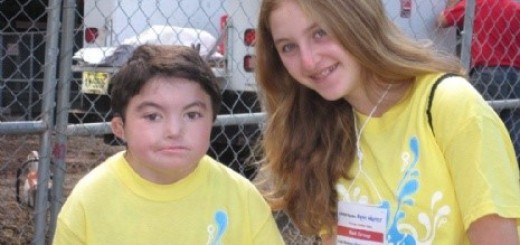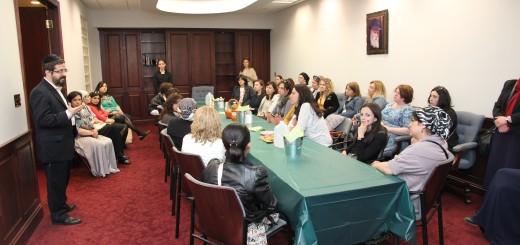One Thing I Wish You Knew
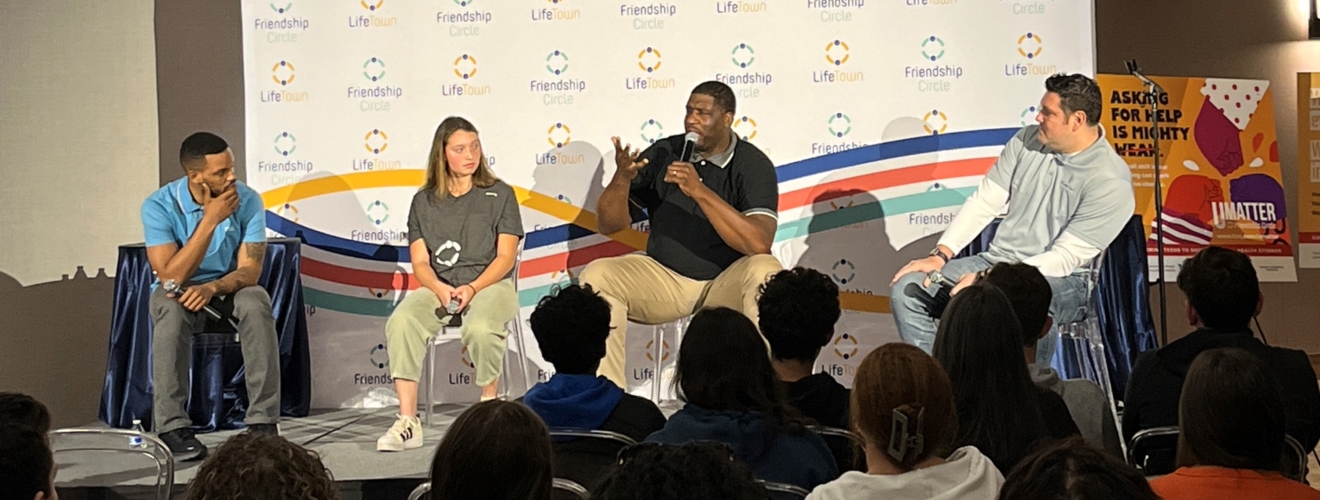
Athletes Share the Mental Health Challenges They Face
Making themselves vulnerable before an audience of teens and parents, three sports stars and a local athlete shared the message that everyone faces mental health challenges. Not speaking about it or pretending it isn’t happening, they learned, is no solution.
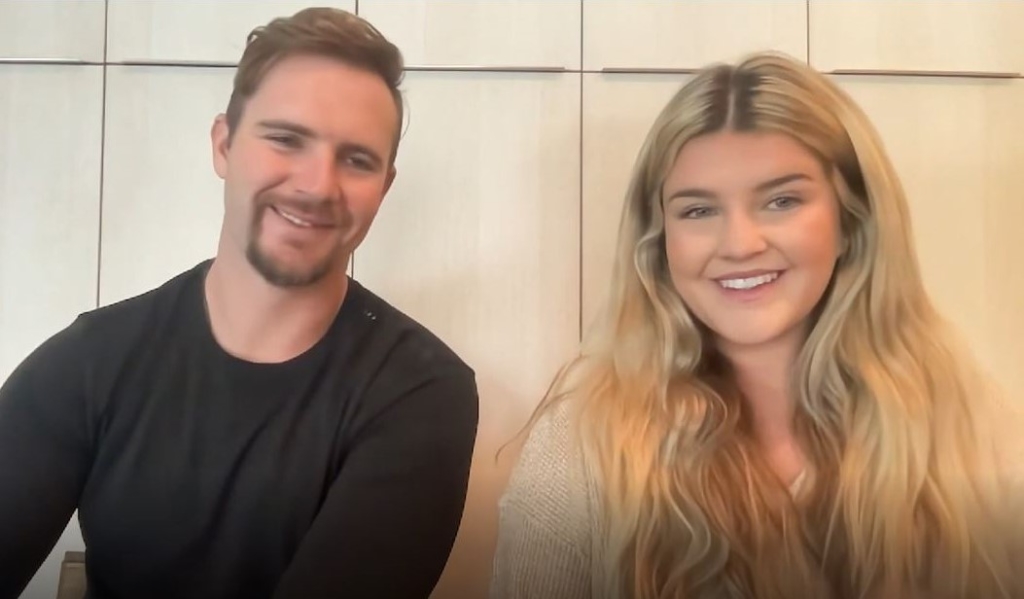
When a pitch hit Pete Alonso’s helmet in April, he was pulled from the game. In the clubhouse, he realized the sound reminded him of the terrifying car accident he had just weeks earlier and then he had a panic attack in the bathroom. “It was like I was frozen. And I… was like a teapot that was left on for too long and I was just boiling over emotions,” he said via Zoom at the event, held November 13 at LifeTown in Livingston.
His perspective on his own PTSD introduced the audience to the idea that even celebrity sports figures face the same kinds of mental health challenges that life throws at everyone from time to time.
Alonso was followed by an in-person panel featuring former New York Knicks player
Mike Sweetney, NBA player Chris Wright, and Millburn High School student Brooke Snyder, and moderated by mental health advocate Eric Kussin, founder of the not-for-profit organization #SameHereGlobal. The event was sponsored by UMatter, a Friendship Circle teen program designed to shatter the stigma around mental health issues and suicide.
Moderator Eric Kussin connected the dots among the panelists’ stories, putting to rest the idea that some people are mentally healthy while others have challenges. “Five out of five people go through challenging times that affect their mental health…But we don’t open up and we don’t share,” he said. “It doesn’t matter what the challenging life event is. What matters is we all end up in a similar place, where we’re this thing called ‘affected.’”
Kussin pointed out that while speaking out about mental health issues can pose challenges, including the fear of consequences in the professional or social arena, celebrities can play a powerful role in normalizing conversations around mental health.
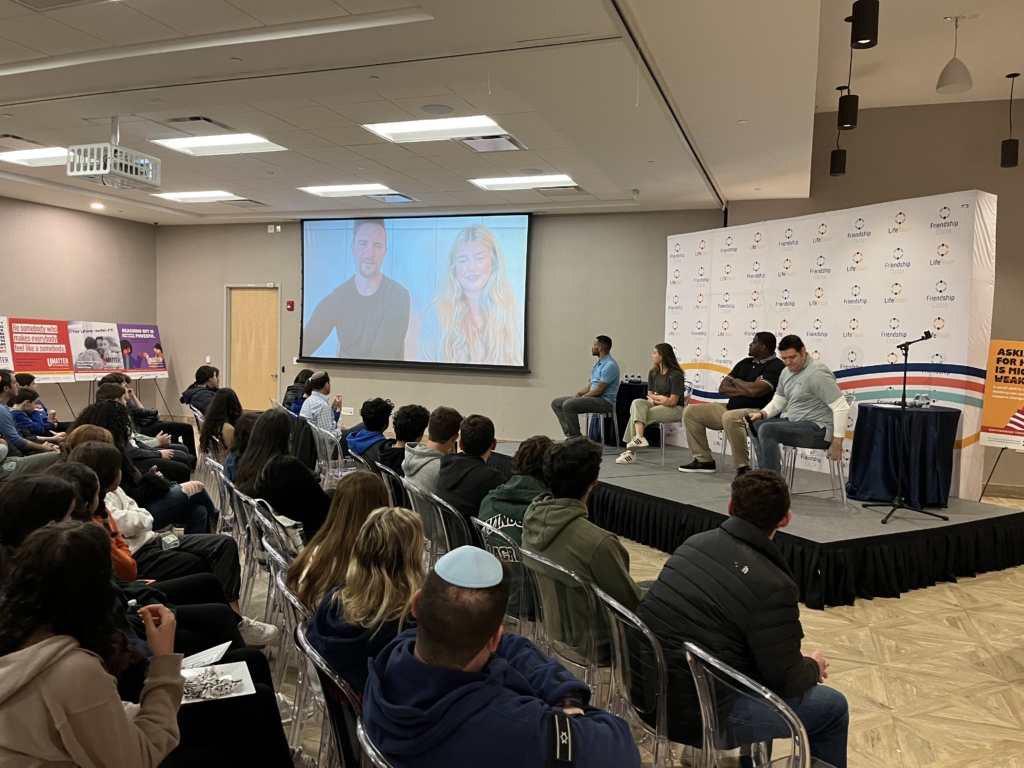
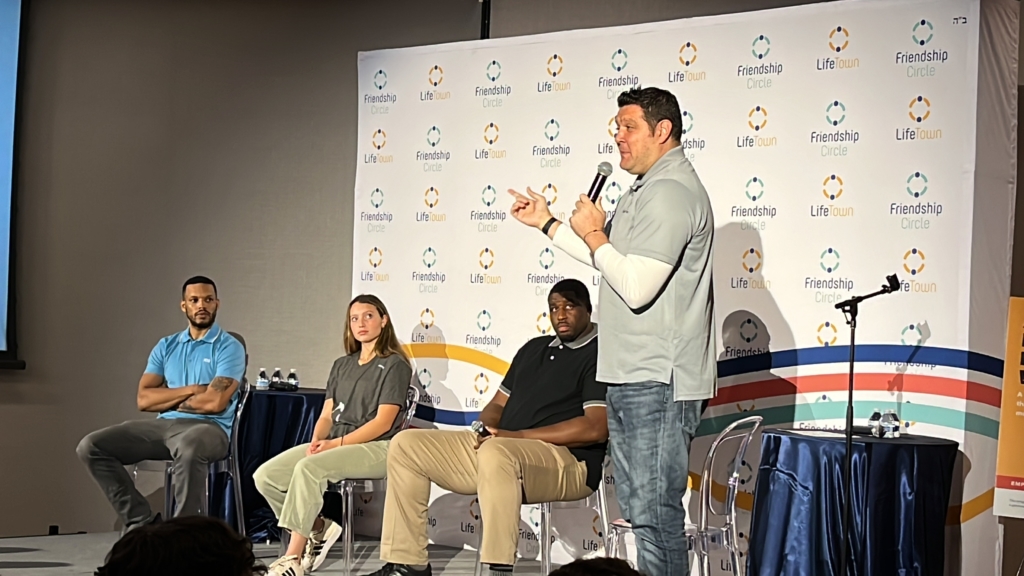
Sweetney broke the taboo around mental health issues in sports when he talked about his suicide attempt in a 2017 New York Post interview, opening the door for players like Pete Alonso to share without worry his current battle with PTSD. Sweeney had kept the incident, and his depression following the sudden death of his father, a secret for years. Today Sweetney is a mental health advocate who speaks regularly and freely about the dangers of wearing a “happy” mask.
“I had started feeling hopeless and started not taking care of myself. I pretended for 7 years,” he said. He had never dealt with trauma before and did not really understand what had happened to him. He knew he was living a version of his dream and felt he ought to be ecstatic even though that was no longer his reality. “I was this person that always had to put on his mask and say, ‘I’m happy’ but through it all I’m suffering,” he said. He shared the truth only with his wife until finally, after the birth of his first child, he decided to seek help.
When Chris Wright received a multiple sclerosis diagnosis at 20, while playing for a team in Turkey, he said, the physical challenges he faced created their own mental health challenges. His takeaway? “You have to have empathy,” he said. “You never know what someone is going through.”
Local student athlete Brooke Snyder helped bring the message home. Facing a series of family deaths when she was very young, she found that she kept worrying that everyone around her might also die. She created an intensely busy schedule for herself of schoolwork, sports, and a job that enabled her to avoid worrying. But she could not keep up the schedule and eventually had to learn the difficult lesson of when to say, “It’s enough.”
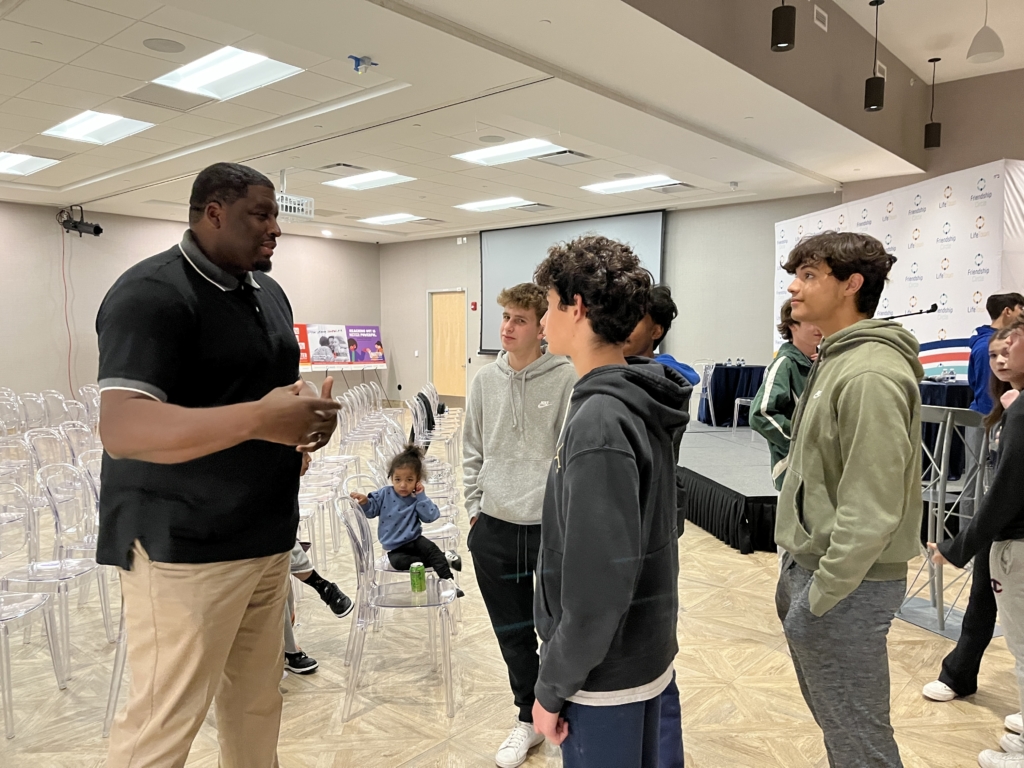
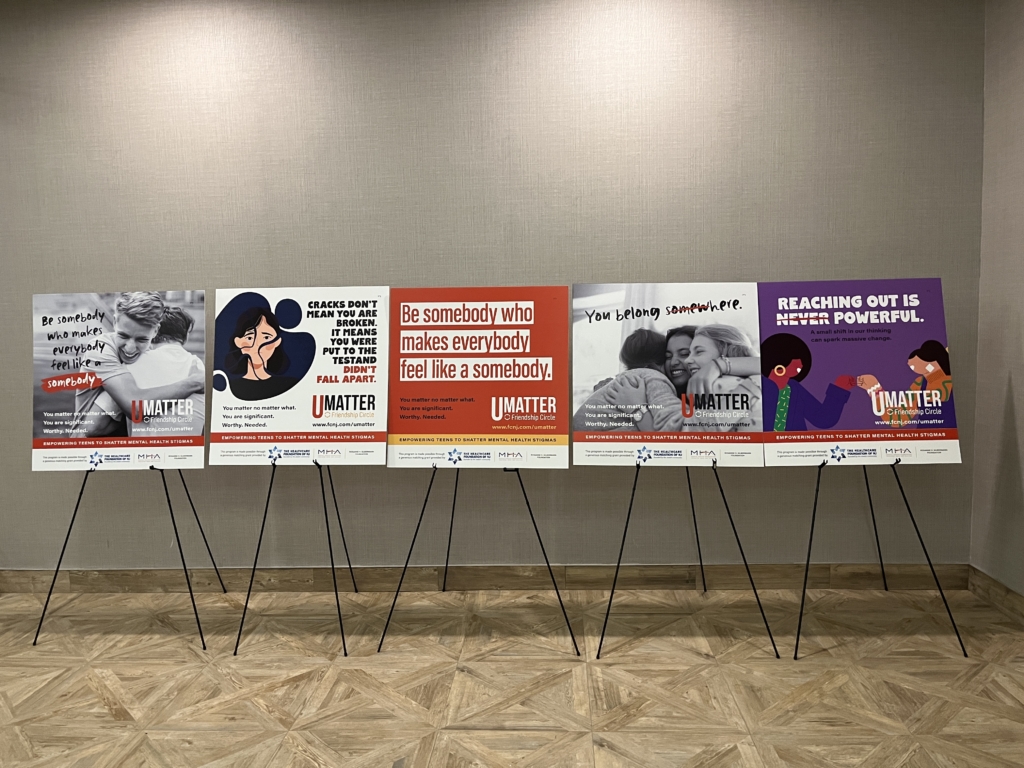
The teens attending got the message and appreciated hearing both from professional athletes as well as a peer.
Noa Abergel, a 15-year-old from Livingston, was inspired to hear from sports stars she and her friends could relate to. “We’re not athletic but we still have personal struggles,” she said. Now she realizes, “Even athletes who are so strong sometimes go through hard times.”
Jacob Glazer, 14, from Livingston thought the event offered an unusual perspective from professional athletes. “It’s pretty powerful to see them being vulnerable,” he said.
And Ruhaan Munjuluri, 14, was moved because the message resonated. “I also play basketball and the way they talk – I can relate,” he said, adding that the event will change the way he handles expectations. “It really humanized and de-alienated how I view mental health issues.”


